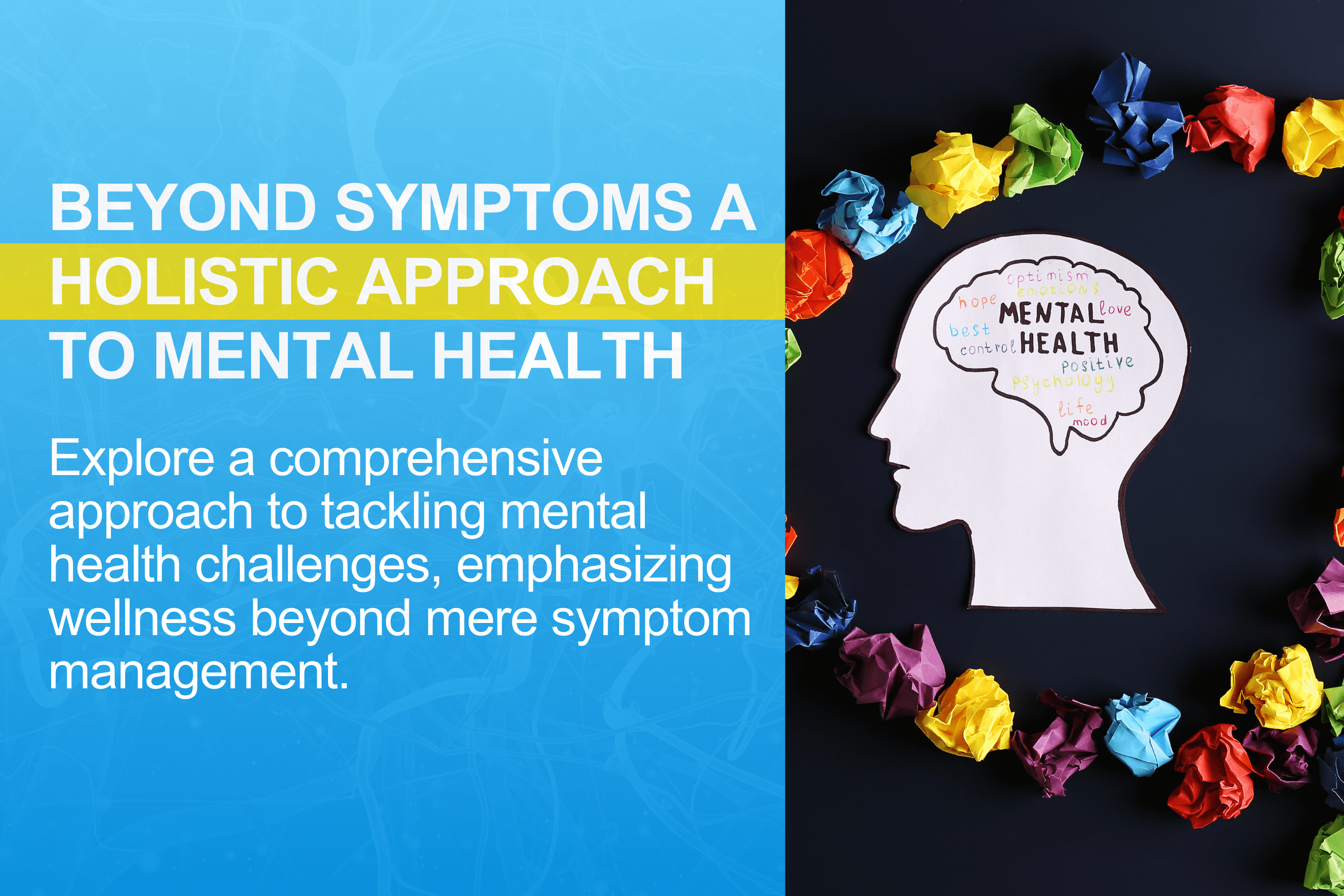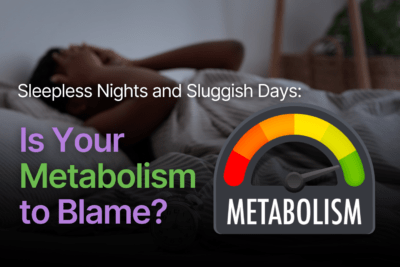
Mental Health Challenges: Innovative Approaches and Solutions
Innovative Solutions for Mental Health Challenges at BPS Medical
Mental health is a vital aspect of overall well-being, encompassing a complex interplay of biological, psychological, and social factors. Addressing mental health challenges requires a comprehensive, personalized approach.
- At BPS Medical, we champion an integrated model that combines thorough evaluations, personalized insights, and customized solutions to support mental wellness. This blog delves into the multifaceted nature of mental health, the types of mental disorders, their causes, treatments, and the role of neurofeedback therapy.
Understanding Mental Health Challenges
What is Mental Health?
Mental health involves our emotional, psychological, and social well-being. It influences how we think, feel, and act, and affects how we handle stress, relate to others, and make choices. Mental health is crucial at every stage of life, from childhood and adolescence through adulthood.
Mental Wellness in the Modern World: Challenges and Solutions
Types of Mental Disorders
Mental disorders are conditions that affect mood, thinking, and behavior. Some of the common types include:
Anxiety Disorders
- Examples: Generalized Anxiety Disorder (GAD), Panic Disorder, Social Anxiety Disorder
- Symptoms: Excessive worry, restlessness, fatigue, difficulty concentrating
Mood Disorders
- Examples: Depression, Bipolar Disorder
- Symptoms: Persistent sadness, mood swings, hopelessness, changes in sleep and appetite
Personality Disorders
- Examples: Borderline Personality Disorder, Antisocial Personality Disorder
- Symptoms: Inflexible and unhealthy patterns of thinking, functioning, and behaving
Psychotic Disorders
- Examples: Schizophrenia
- Symptoms: Delusions, hallucinations, disorganized thinking
Eating Disorders
- Examples: Anorexia Nervosa, Bulimia Nervosa, Binge-Eating Disorder
- Symptoms: Extreme concerns about weight and food, unhealthy eating habits
Trauma- and Stressor-Related Disorders
- Examples: Post-Traumatic Stress Disorder (PTSD)
- Symptoms: Flashbacks, nightmares, severe anxiety, uncontrollable thoughts about the event
Causes of Mental Disorders
The causes of mental disorders are multifaceted and can include:
Biological Factors
- Genetics: Mental disorders often run in families, suggesting a genetic link.
- Brain Chemistry: Imbalances in neurotransmitters can contribute to mental health conditions.
- Brain Injury: Traumatic brain injury can lead to mental health issues.
Psychological Factors
- Childhood Trauma: Early adverse experiences can increase the risk of mental health disorders.
- Stressful Life Events: Loss, divorce, and job issues can trigger mental health problems.
Environmental Factors
- Social Isolation: Lack of social support can exacerbate mental health issues.
- Substance Abuse: Alcohol and drugs can worsen mental health conditions.
amcorper mattis, pulvinar dapibus leo.
Innovative Mental Health Solutions at BPS Medical
At BPS Medical, we employ a holistic, integrated approach to mental health care, addressing the biological, psychological, and social dimensions of each individual.
1. Thorough Evaluations
- Clinical Assessments: Comprehensive evaluations to understand the individual’s unique challenges.
- Psychological Testing: Identifying underlying issues contributing to mental health concerns.
- Interviews: Gaining insights into personal history and current circumstances.
2. Personalized Insights
- Collaborative Care: Experts collaborate to develop tailored treatment plans.
- Client-Centered Approach: Ensuring individuals are active participants in their healing journey.
3. Customized Solutions
- Neurofeedback Therapy: A non-invasive treatment to train the brain to function more efficiently.
- Evidence-Based Interventions: Utilizing proven methods like Cognitive Behavioral Therapy (CBT) and Dialectical Behavior Therapy (DBT).
- Mindfulness-Based Interventions: Techniques to reduce stress and improve mental well-being.
- Medication Management: Carefully monitored medication to manage symptoms.
- Group and Family Therapy: Support from peers and family members.
Cultivating Emotional Wellness through Neurofeedback
Neurofeedback Therapy
Neurofeedback therapy is a cutting-edge, non-invasive treatment that helps individuals learn to regulate their brain function. It involves monitoring brainwave activity and providing real-time feedback to the individual, allowing them to make adjustments and improve brain function. This therapy has shown promise in treating conditions such as ADHD, anxiety, and PTSD.
Benefits of Neurofeedback Therapy:
- Non-Invasive: No need for medication or surgery.
- Personalized: Tailored to the individual’s specific brain activity.
- Effective: Can lead to long-term improvements in mental health.
Addressing mental health challenges requires a comprehensive, personalized approach that considers the biological, psychological, and social factors at play. At BPS Medical, our integrated model, featuring thorough evaluations, personalized insights, and customized solutions, aims to provide holistic care and foster long-term mental wellness. By incorporating innovative treatments like neurofeedback therapy, we strive to support individuals on their path to recovery and a better quality of life.
References
- American Psychological Association (APA). (2023). Understanding Mental Health.
- National Institute of Mental Health (NIMH). (2023). Mental Health Information.
- Mayo Clinic. (2023). Mental health: Overcoming the stigma of mental illness.
- World Health Organization (WHO). (2023). Mental disorders.
For more information and to explore our services, visit BPS Medical.
10 Proven Tips to Boost Your Mental Wellness Today
Practice Mindfulness and Meditation:
- Engage in mindfulness exercises and meditation to reduce stress and improve focus.
Exercise Regularly:
- Incorporate physical activity into your daily routine to release endorphins and boost mood.
Maintain a Healthy Diet:
- Eat a balanced diet rich in fruits, vegetables, and whole grains to support brain health.
Get Enough Sleep:
- Aim for 7-9 hours of quality sleep per night to restore and rejuvenate your mind.
Stay Connected:
- Cultivate strong relationships with friends and family to foster a sense of belonging and support.
Set Realistic Goals:
- Set achievable goals to give yourself a sense of purpose and direction.
Take Breaks and Relax:
- Make time for relaxation and hobbies to recharge your mental batteries.
Seek Professional Help:
- Don’t hesitate to consult a mental health professional if you’re feeling overwhelmed or struggling.
Practice Gratitude:
- Keep a gratitude journal to focus on positive aspects of your life and enhance your overall outlook.
Limit Screen Time:
- Reduce time spent on screens, especially social media, to avoid negative impacts on mental health.
Our Comprehensive Mental Health Services
Achieving Emotional Balance: Insights from BPS Medical
At BPS Medical, we are committed to providing a range of comprehensive services to address the diverse mental health needs of our clients. Our team of experts includes psychiatrists, psychologists, psychotherapists, and other professionals who specialize in treating a range of mental health concerns. Our services include but are not limited to:
– Psychiatric evaluations
– Psychotherapy
– Medication management
– Neurofeedback therapy
– Mindfulness-based interventions
– Cognitive-behavioral therapy
– Dialectical behavior therapy
– Group therapy
– Family therapy
Our evidence-based and personalized approach ensures that our clients receive optimal care to support their mental wellness. Contact us today to schedule a consultation and take the first step towards healing.
Mental health awareness is relevant year-round, but specific times and events are designated to focus on promoting mental health education and support. Here are some key periods and events dedicated to mental health awareness:
MENTAL HEALTH AWARENESS
Mental Health Awareness Month: May is recognized as Mental Health Awareness Month in many countries, with activities and campaigns to increase understanding and support for mental health issues.
World Mental Health Day: Observed on October 10th each year, this day is dedicated to raising global awareness of mental health issues and mobilizing efforts to support mental health.
National Suicide Prevention Week: Typically held in the first full week of September, this week focuses on raising awareness about suicide prevention and mental health support.
Mental Illness Awareness Week: Usually the first full week of October, this week is dedicated to increasing awareness and understanding of mental illness.
Stress Awareness Month: April is designated as Stress Awareness Month, focusing on recognizing and managing stress to improve mental health.
International Day of Happiness: Celebrated on March 20th, this day emphasizes the importance of happiness and well-being, including mental health.
Children’s Mental Health Week: Usually held in the first week of February, this week focuses on raising awareness about children’s mental health and the importance of early intervention.
National PTSD Awareness Month: June is dedicated to raising awareness about Post-Traumatic Stress Disorder (PTSD) and promoting support for those affected.
World Bipolar Day: Observed on March 30th, this day aims to raise awareness and eliminate the stigma surrounding bipolar disorder.
National Depression Screening Day: Typically held on the Thursday of the first full week in October, this day promotes mental health screenings for depression and other mental health conditions.
These events and periods help to concentrate efforts and resources on increasing mental health awareness, reducing stigma, and promoting access to mental health care.









